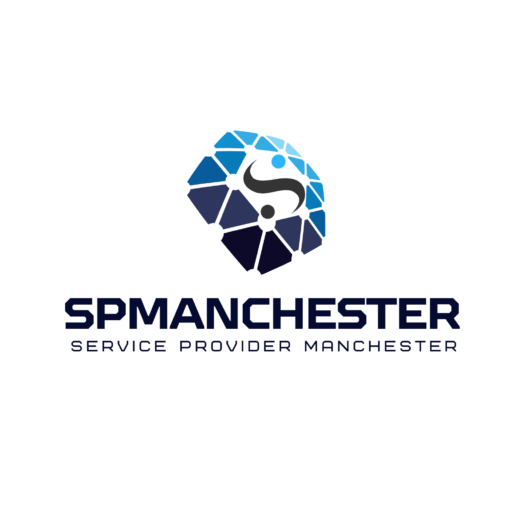
Digital Marketing Services
With over a decade of experience, we’ve established ourselves as one of the pioneering agencies in the region. Our small, flexible, agile and design-led structures and processes allow us to be highly responsive and innovative. We’re made of passionate leaders, strategists, managers, developers, animators and designers who work together under one umbrella. We are a digitally-led, full-service creative agency. We combine strategy, marketing, design.
This plan provides a framework for launching and managing your digital marketing services. Tailor each section to align with your specific business needs and industry. Regular reviews and adjustments will ensure the plan remains effective and relevant.
Creating a comprehensive digital marketing services plan is essential for businesses aiming to thrive in the increasingly competitive online landscape. The first step in this journey is defining clear goals and objectives. Establishing specific, measurable key performance indicators (KPIs) allows organizations to gauge success effectively. For instance, a goal might be to increase website traffic by 30% over the next six months or to boost social media engagement by 50% within a quarter. Identifying the target audience is equally crucial; understanding their demographics, interests, and online behavior will inform every aspect of the marketing strategy.
Conducting thorough market research is the next vital component. This involves performing a competitor analysis to evaluate what strategies are working for others in the industry. By assessing competitors’ strengths and weaknesses, businesses can carve out their unique value propositions. A SWOT analysis—examining internal strengths and weaknesses alongside external opportunities and threats—provides a strategic foundation for the marketing plan. This research helps in tailoring messages that resonate with the intended audience, thereby increasing the likelihood of engagement.
With goals defined and research completed, it’s time to develop a comprehensive digital marketing strategy. Content marketing plays a central role, encompassing various formats such as blog posts, infographics, and videos. Creating a content calendar ensures consistent messaging and helps maintain audience interest. Alongside content, search engine optimization (SEO) is essential for improving organic search visibility. This includes keyword research to identify terms the target audience is searching for, on-page optimization to enhance website structure, and link-building strategies to establish authority in the industry.
Social media marketing also demands attention; selecting the right platforms—whether it’s Facebook, Instagram, LinkedIn, or Twitter—depends on where the target audience spends their time. A robust social media strategy should include a regular posting schedule and methods for engaging with followers, fostering a community around the brand. Email marketing remains a powerful tool as well, enabling personalized communication with potential and existing customers. Building segmented email lists allows for tailored messaging that speaks directly to different audience groups.
Additionally, incorporating pay-per-click (PPC) advertising can generate immediate traffic and leads. Whether through Google Ads or social media advertisements, setting clear budgets and targeting options is crucial for maximizing ROI. Budgeting for digital marketing activities is an essential step; businesses must allocate resources effectively across channels while maintaining expectations for returns on investment.
Implementing the plan requires a detailed timeline outlining each phase—from research and strategy execution to evaluation and optimization. Setting key milestones will help track progress and ensure the team remains focused on goals. To facilitate this process, utilizing various tools and technologies is beneficial. Analytics tools like Google Analytics or SEMrush provide valuable insights into performance, while social media management platforms such as Hootsuite or Buffer help streamline content scheduling and audience engagement.
Monitoring and analyzing campaign performance is an ongoing responsibility. Regularly reviewing KPIs and analytics data will reveal what strategies are successful and which need adjustment. A/B testing different approaches, such as varying email subject lines or ad copy, can yield insights into audience preferences. This feedback loop enables continuous refinement of marketing strategies.
Finally, reporting is crucial for transparency and accountability. Regular reports—whether monthly or quarterly—should outline progress toward goals and share insights with stakeholders. Continuous learning is equally important; investing in training for the marketing team and attending webinars or industry conferences will keep the team informed about emerging trends and best practices.
In summary, a well-structured digital marketing services plan encompasses defining goals, conducting research, developing strategies, and continually optimizing efforts based on performance data. This holistic approach ensures that businesses not only reach their target audiences effectively but also build meaningful relationships that drive growth and success in the digital realm.
Why It soft?
Unlimited support
We serve the best work
By initiating your project with SPManchester, you get a dedicated and skilled team backing you up round-the-clock. All our processes are the customer oriented, designed to reduce the cost of business operations.


